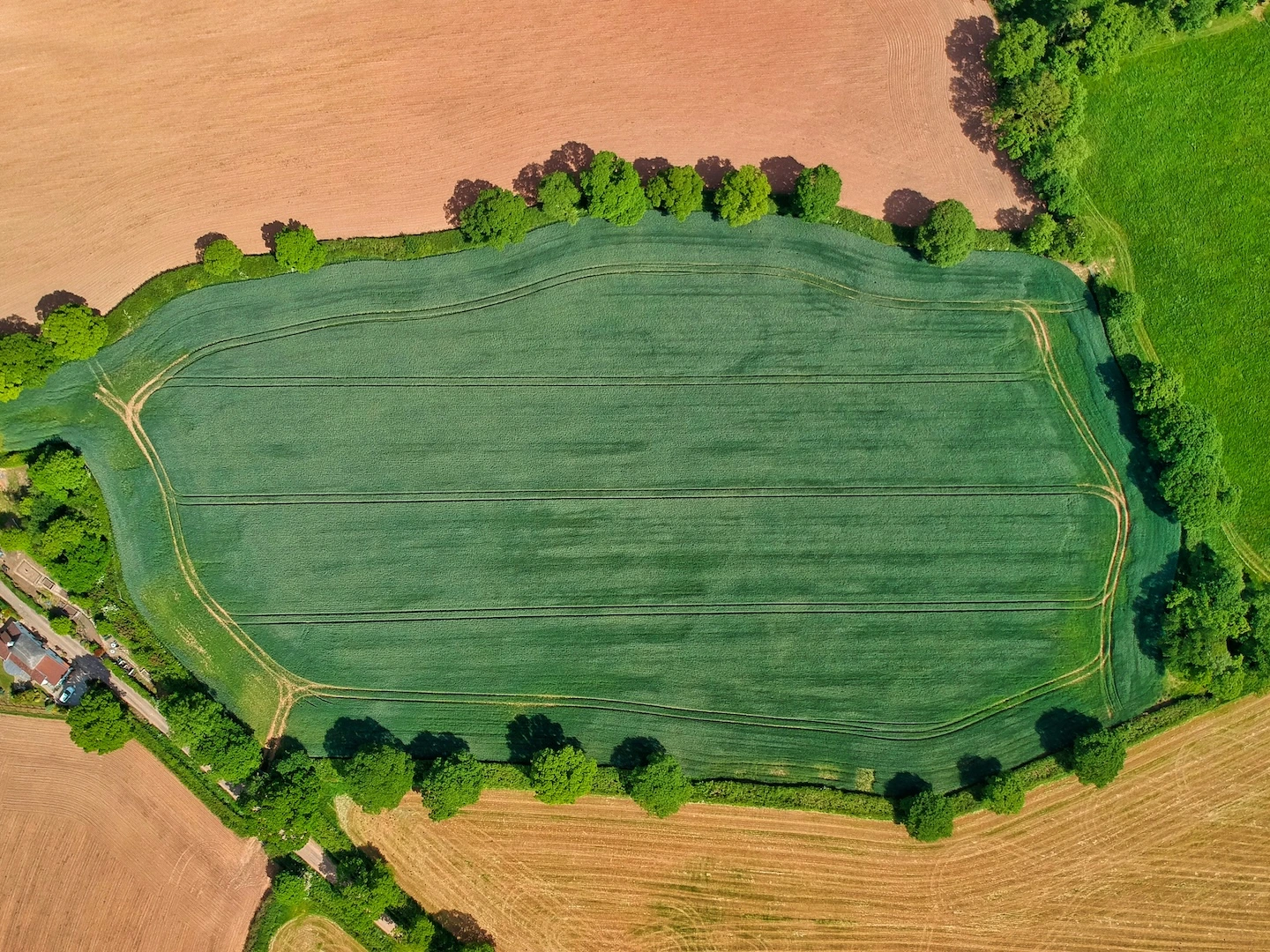£5.65
info Summary
This Capital Grants 2025 supplement, available through Countryside Stewardship Higher Tier, provides funding for rabbit fencing to protect environmental features, manage habitats, and improve biodiversity by controlling rabbit damage.
format_list_bulleted What to do
- Construct the rabbit fence using galvanised 18-gauge and 31mm hexagonal wire mesh.
- Attach the netting to a pair of high tensile, spring steel straining wires (at least 265mm), using galvanised netting rings, with one wire at the bottom and one at the top.
- Bury the bottom edge of the netting to a depth of at least 150mm, or lap the netting on the surface towards the rabbit threat and anchor it at 1m intervals.
checklist How to do and evidence required
You must keep photographs of the completed work and provide with your claim.
You must also keep and provide on request:
- any consents or permissions connected with the work
- receipted invoices or bank statements where a receipted invoice is unavailable
- photographs of the existing site before work starts
Read the record keeping and site visit requirements in the Agreement holder’s guide: Capital Grants, Higher Tier capital grants and Protection and Infrastructure grants for more information.
If you’re applying for this item as part of a Countryside Stewardship Higher Tier (CSHT) application, you must read the record keeping and site visit requirements in the CSHT agreement holder’s guide.
tips_and_updates Additional Advice
- Use this supplement on a site where there’s evidence of damage caused by rabbits, such as significant burrowing or crop damage.
- Check to make sure the work meets relevant British Standards.
View Official Guidelines
Access detailed information about this action on the RPA website

